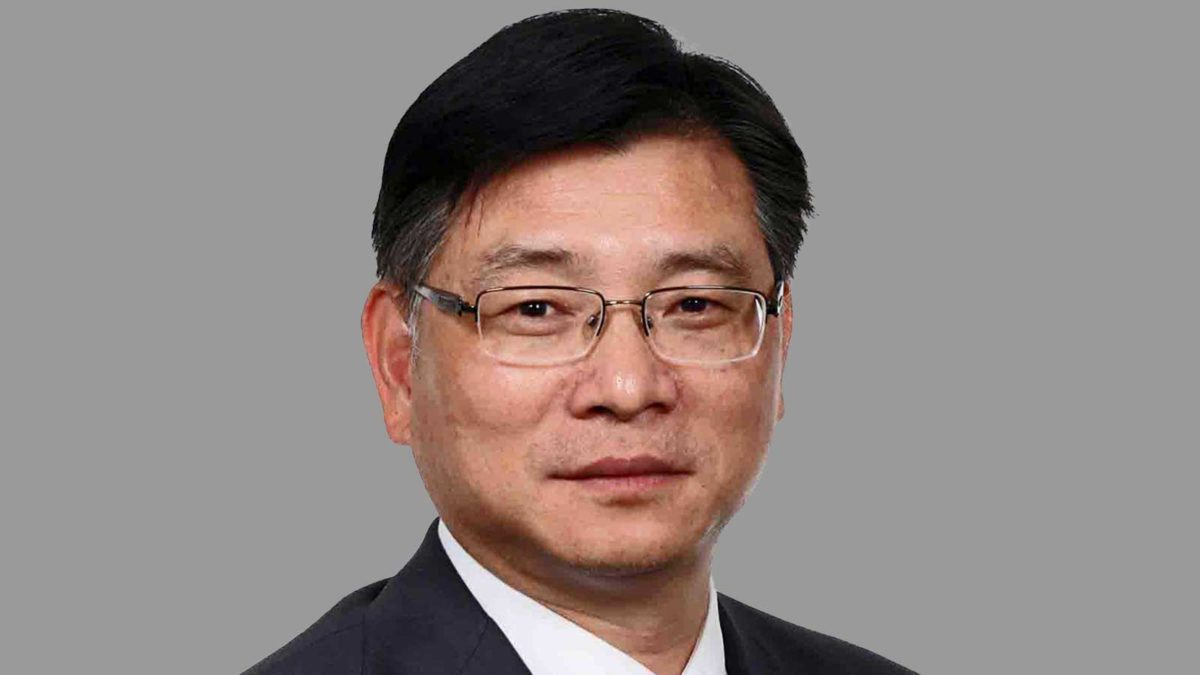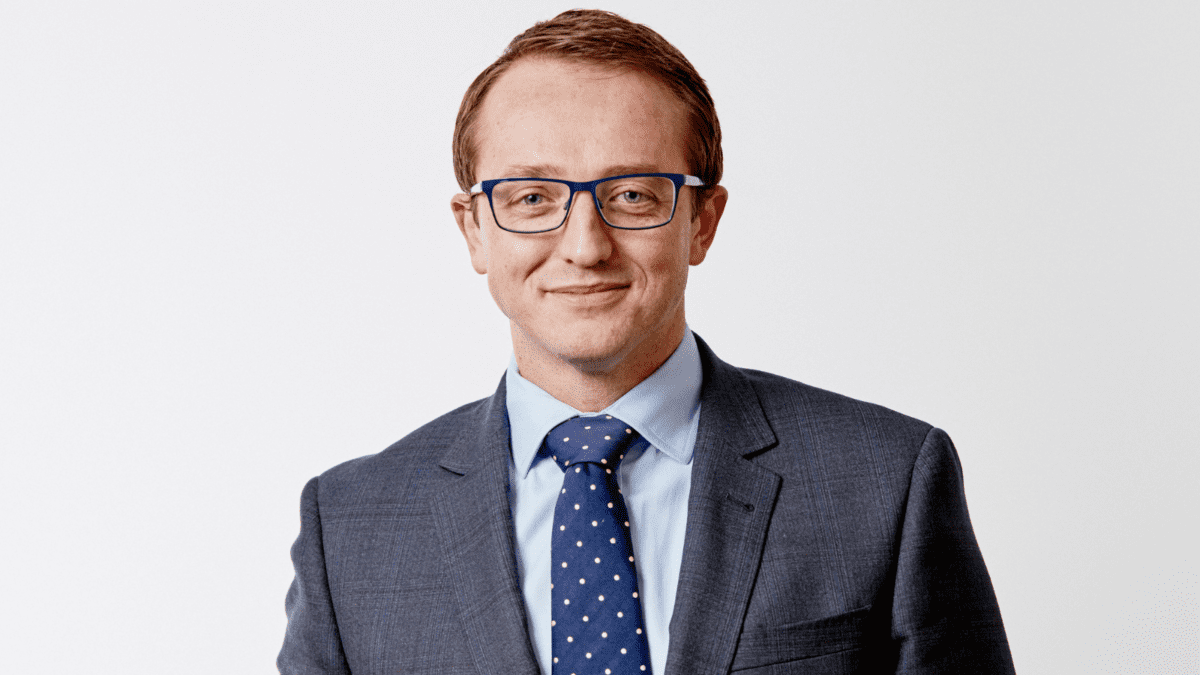China’s full circle back to ‘whether’
In the past 10 months, since November last year, the investor’s decision on China has done a fully circle – from not whether to invest but how to invest, back to not how but whether.
It was in November that the Chinese Government scuttled the US$37 billion IPO of Ant Group, the financial services affiliate of Alibaba. Since then, there have been several similar blunt-force moves to constrain the expansionist spirits of Chinese entrepreneurs, not the least being the banning of for-profit education, including tutoring, services for K-12 school children.
Xingdong Chen (‘X-D’), a managing director and Beijing-based chief China economist for BNP Paribas, told the AIST ASI conference (August 31) that analysing developments from a long-term perspective, China was addressing its five key problems on the way to becoming a “semi-developed” economy by 2035 and then a “developed economy” by 2050.
Under Xi Jinping as president, since 2013, China would better outline its policies for the transition at the 20th Congress of the Chinese Communist Party in 2022. “Xi has become a leveller,” X-D said. “The moves are playing to popular sentiment.”
The five main problems as seen by the Government were: housing; education; public healthcare; income disparity, “which will require a new growth model”; and, monopolies, which kill small business.
He said the IPO market in general would become more regulated, with a “national security check” done in sensitive industries such as technology. There would also be some industries, such as education that might not be investable any more. There would also be a return to public health care for the majority.
The high personal incomes of of entrepreneurs and some executives and entrepreneurs would be more closely scrutinized and the Government would shift from promoting mass consumption to a more micro approach of promoting select industries, such as climate-related companies.
But he said asset management would be a key for China to continue to open up going forward and there were still plenty of areas of growth to invest in for those that were aware of the policy risks.
“China is entering its second stage of growth. It’s eliminated poverty and entered the stage of affluence… The majority of corporate investors we see from the US, Europe and Japan, perhaps 60-80 per cent, are continuing to invest in China,” he said.

The conference session, shared with Geoff Raby, Australian economics consultant and former Australian Ambassador to China, coincided with the publication last week of a paper on the same subject, focusing on the new restrictions on technology companies, by Amundi Asset Management, Europe’s largest fund manager.
The recent rapid growth in private education has been technology driven, with the introduction of sophisticated online courses for all levels. However, Beijing has not touched the bigger tertiary education and foreign language segments of the market in its latest moves this year.
The Amundi paper, ‘Main Themes for Investing in Chinese Equity over the Summer and Beyond‘, notes that the regulatory clampdown has resulted in China underperforming both the MSCI Developed Markets and MSCI Emerging Markets indices following a strong performance last year.
Restrictions on foreign listings and uncertainty ahead of the CPP’s 20th Congress could keep volatility high, Amundi says. “However, this short-term correction coupled with possible further weakness should prove healthy for the market in the medium term and could be seen as an opportunity for investors looking for sustainable returns.”
Amundi’s view is similar to that of BNP Paribas. Amundi’s paper says: “Despite recent turbulence, we remain constructive on the Chinese equity market over the long term. We think that recent weakness has opened up interesting opportunities. Investors could take advantage of the sell-off to increase their allocation to Chinese equity in global portfolios, with better entry points that could deliver positive returns over the medium term.
“We see compelling opportunities in China for selective investors, supported by the increasing geopolitical relevance of China globally, its economic power, its emerging middle class and the rising share of China in EM indices.”
Meanwhile, Geoff Raby said at the ASI conference that, from a geo-political perspective, Australia had to recognise that the game had shifted and had to conduct its diplomacy in a more challenging and nuanced world.
The US withdrawal from Afghanistan, was a sign that globalisation had peaked, revealing the failure of the US in military interventions, Raby said.
“And with the responses to covid-19 China showed that despite all its faults and weaknesses, China can still provide its citizens with safety and security compared with abstract issues such as human rights.”











